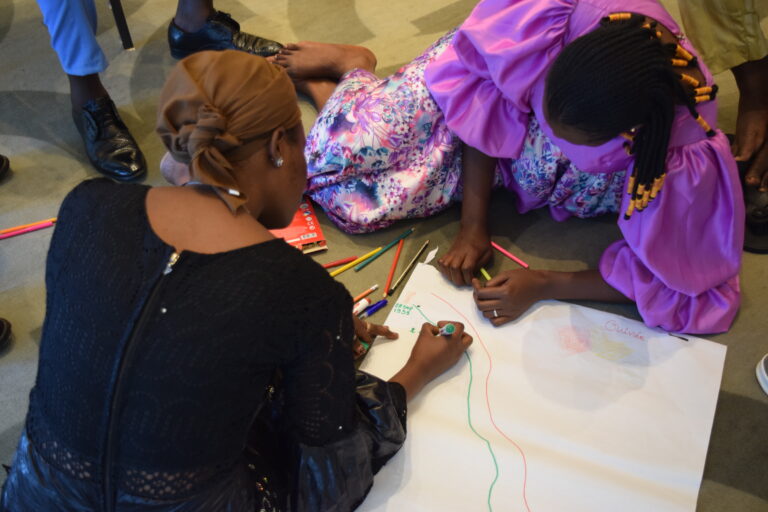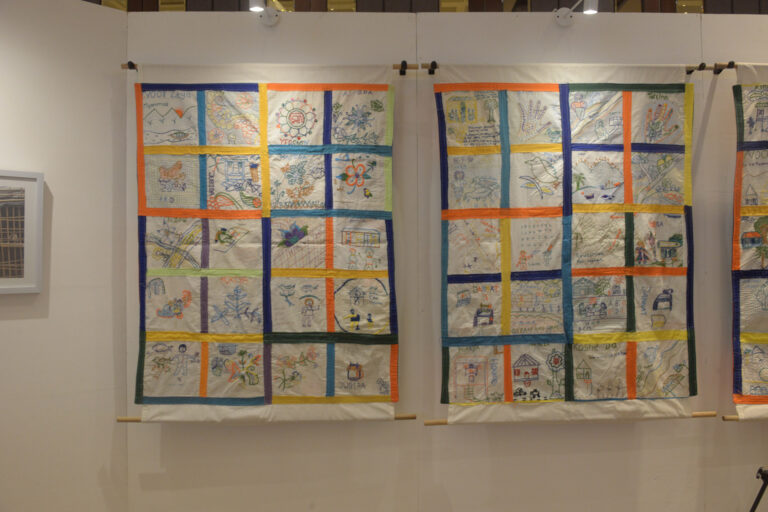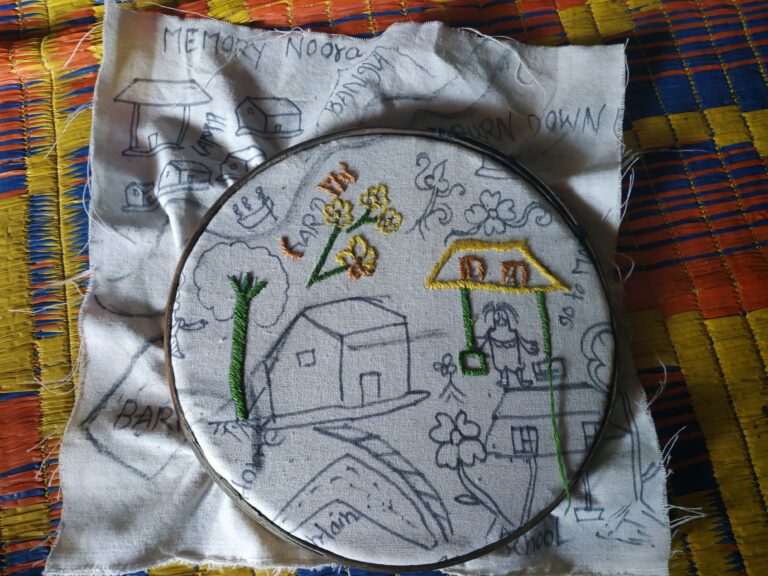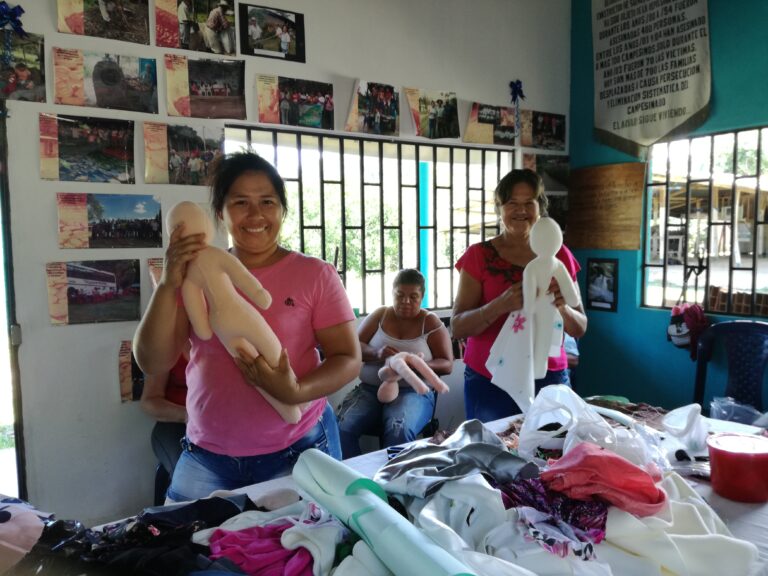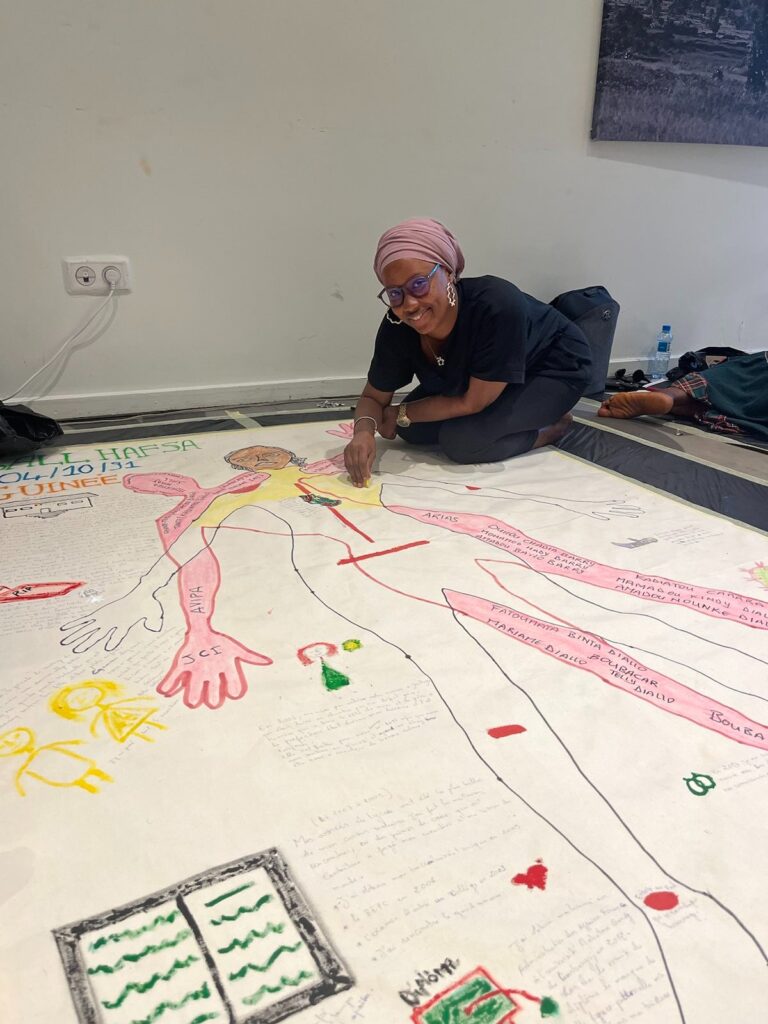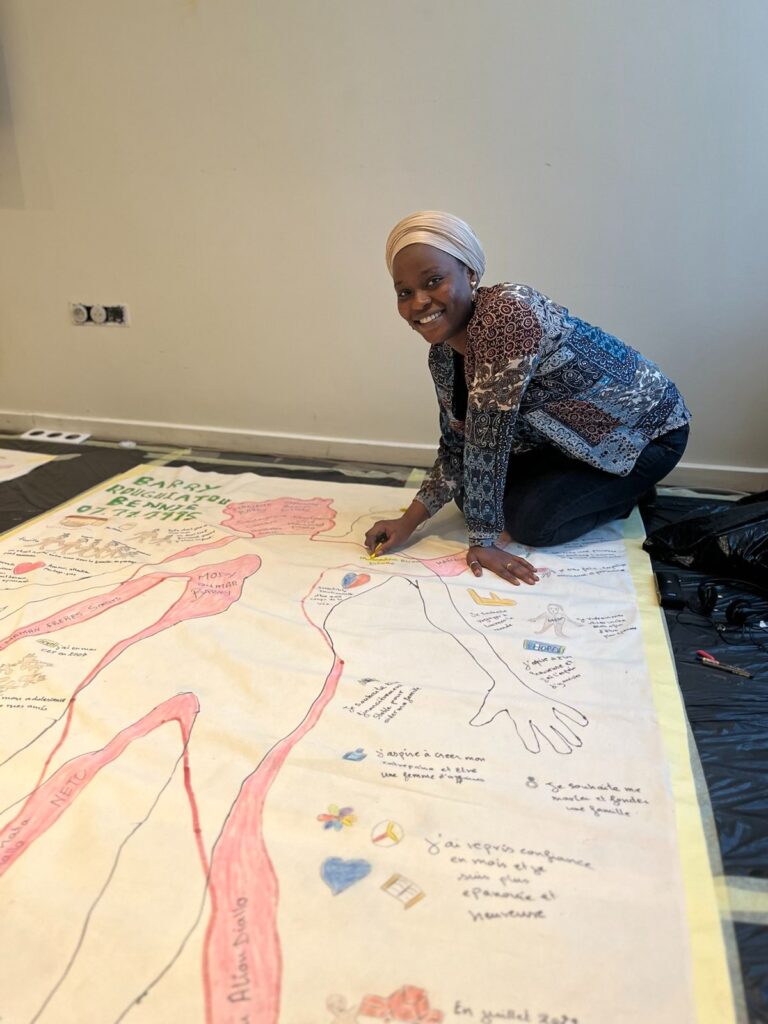Centering Women in Transitional Justice Processes
Twenty-three years after the United Nations Security Council resolution 1325 affirmed the fundamental nature of women’s participation in post-conflict reconstruction and peacebuilding, gender sensitivity within transitional justice is a too-often-limited, superficial undertaking, at best. At GIJTR, changing this dynamic is front and center of our work, which not only addresses women’s varied roles in conflict but also positions them to led in informal and formal peace processes.
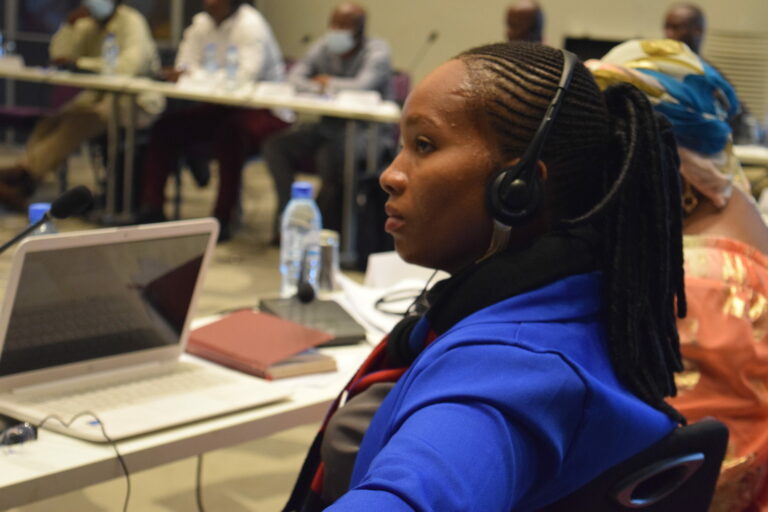
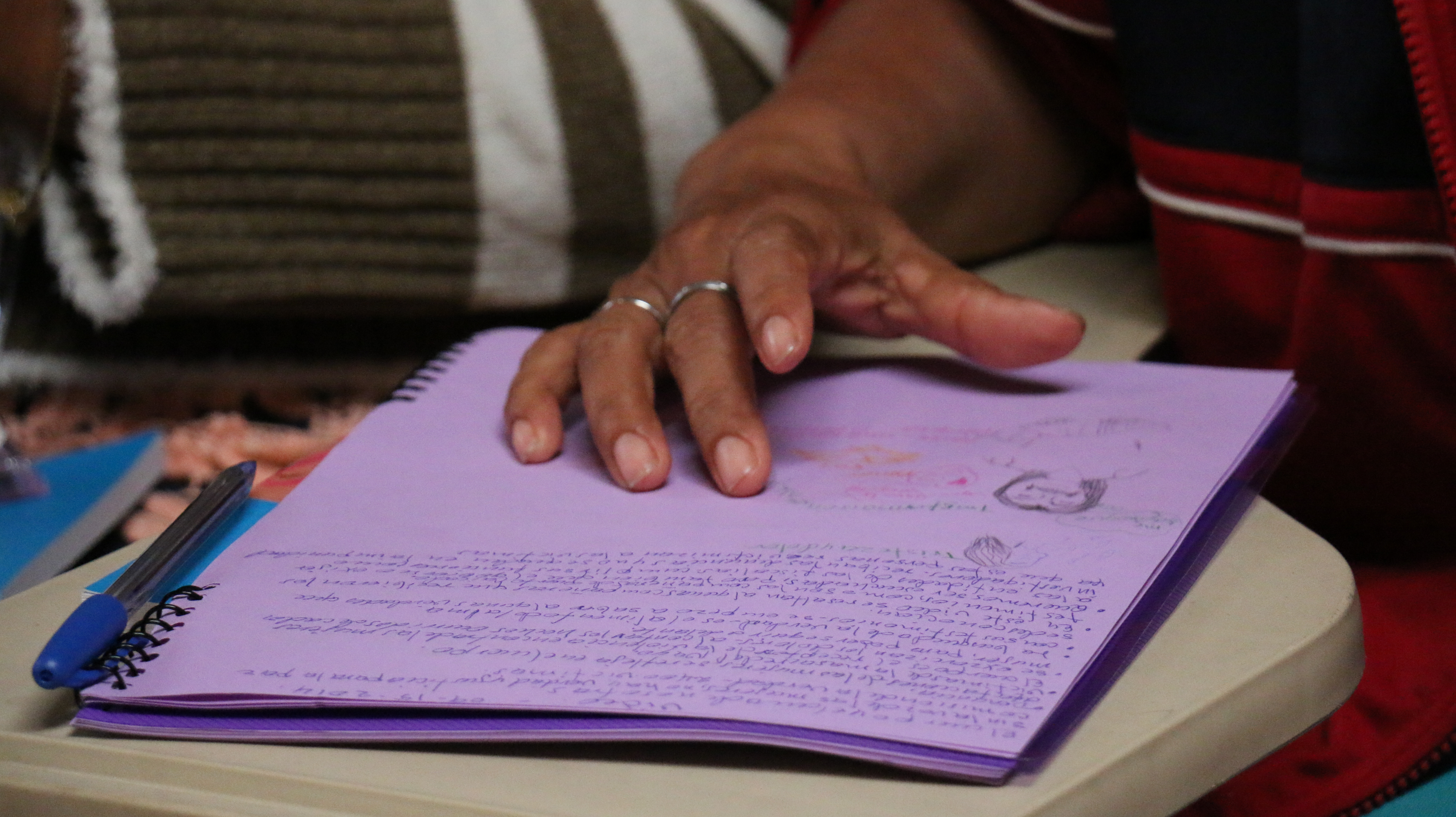
In post-conflict and post-authoritarian contexts, women’s voices in transitional justice processes are often framed within the archetypal image of the victim or survivor: amplified to bear witness to the suffering and pain caused by conflict and to mobilize empathy and other political agendas but rarely heard or recognized as experts or political agents (Shackel & Fiske 2019). This persistent negation of women’s capacity continues in spite of the United Nations Security Council resolution (UNSCR) 1325 (UN Security Council, 2000).
Research shows that the inclusion of women in post-conflict transitional justice processes results in a greater uptake of such initiatives and increases the sustainability of the peace process (Paffenholz et al. 2016). The inclusion of women ensures that the gender dynamics of conflict and its impact on women are considered, and opportunities to understand and address multiple forms of gendered harm are made possible.
Through our work, GIJTR aims to address this gap by sharing the experiences of gender activists working on the ground and by looking at how these grassroots organizations and women have negotiated inclusion, representation, and presence and the continuous challenges they encounter in this work.
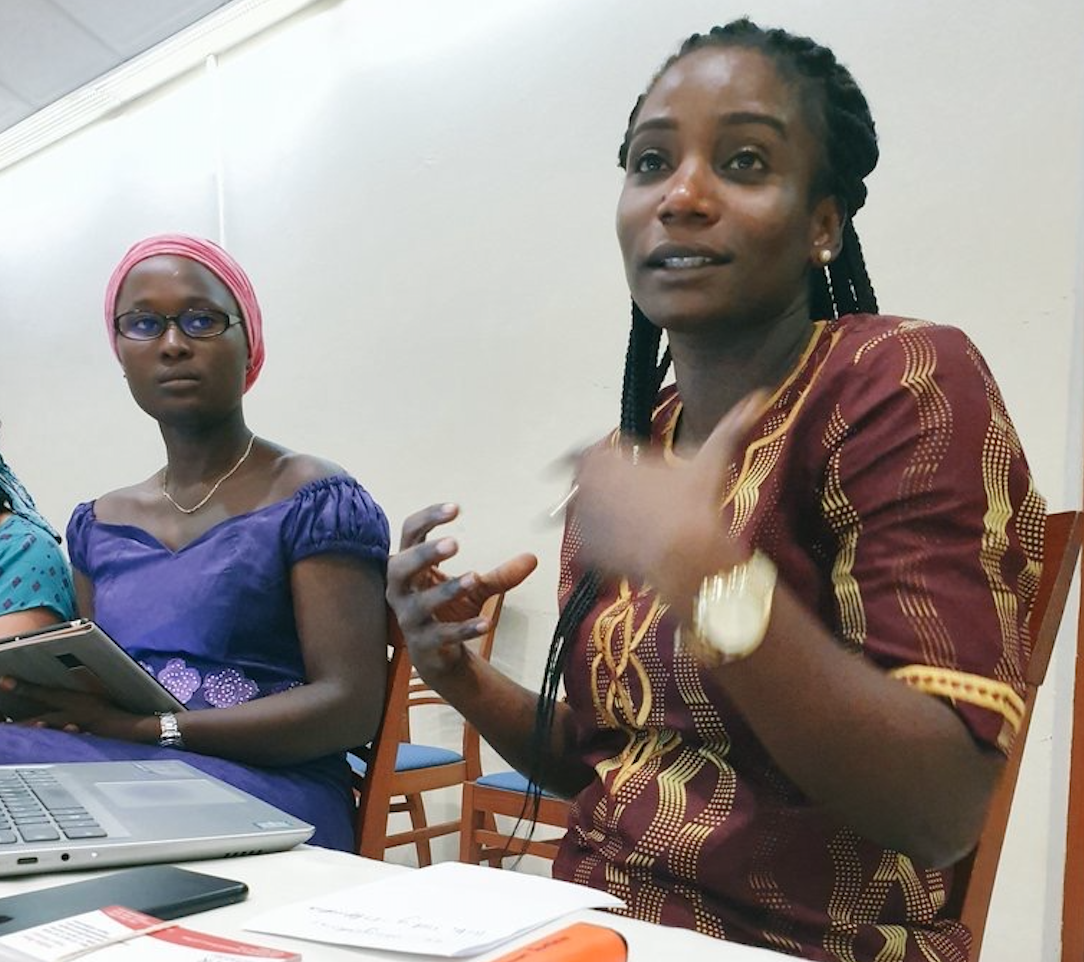
Women and Transitional Justice
This toolkit aims to explore the multiplicity of roles occupied by women during conflict and periods of authoritarian rule, as well as how these roles impact on women’s needs post-conflict; highlight the ways in which women have been involved in transitional justice processes and the impact of their involvement; investigate obstacles to the inclusion of women in transitional justice processes; and share recommendations from women-led grassroots organizations for meaningful inclusion of women in transitional justice processes. It considers a wide range of contexts, including Sierra Leone, The Gambia, Sri Lanka, Algeria and Guatemala.
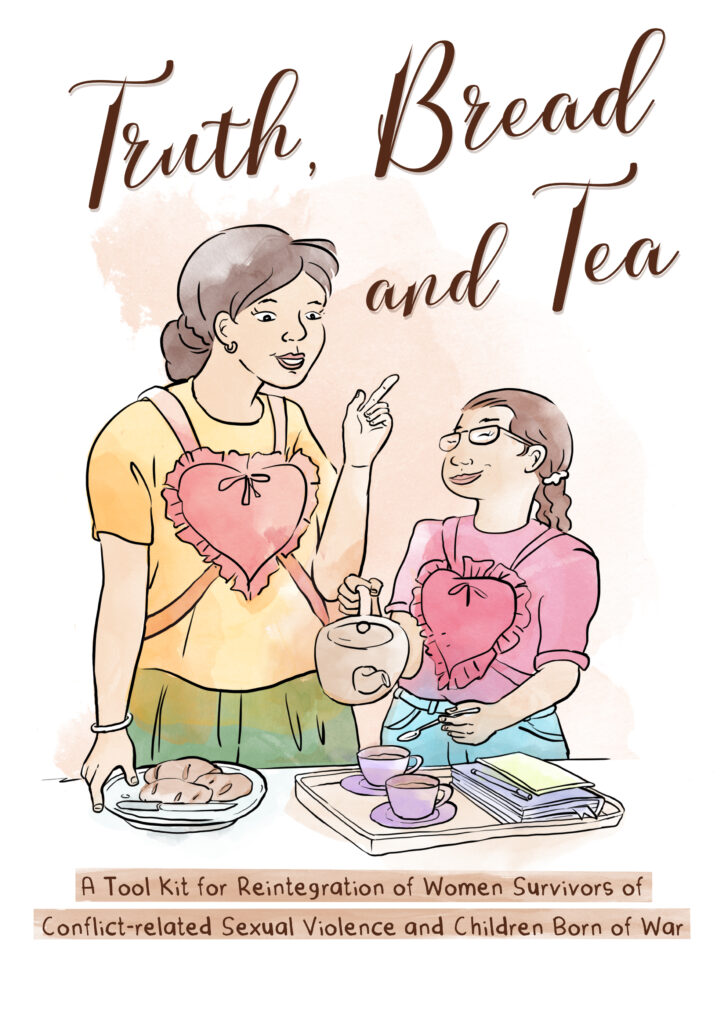
A Toolkit for Reintegration of Women Survivors of Conflict-Related Sexual Violence and Children Born of War
This toolkit draws on the extensive research conducted by GIJTR partners as part of the Reintegration and Transitional Justice project. Both the project and the toolkit aim to promote greater recognition of the unique societal reintegration needs of survivors of conflict-related sexual violence and children born of war and highlight the importance of addressing the needs of these survivors within formal transitional justice processes and grassroots, community-based reintegration initiatives.
For transitional justice processes to address the past in a meaningfully gendered way, their design and functioning must be informed by the lived realities of women, whose experience and expertise during conflict position them to be effective leaders in the rebuilding process. However, in most cases, women are not included in formal transitional justice processes, plus in some cases, women survivors of conflict prefer not to take part in these traditional approaches, as being widely identified as a victim can further intensify their isolation and trauma. To address this wrong, GIJTR has supported civil society organizations, locally led by women, to provide a platform for women survivors of conflict to share their experiences in informal settings such as listening circles, quilting activities, body-mapping, or river of life exercises, among others.
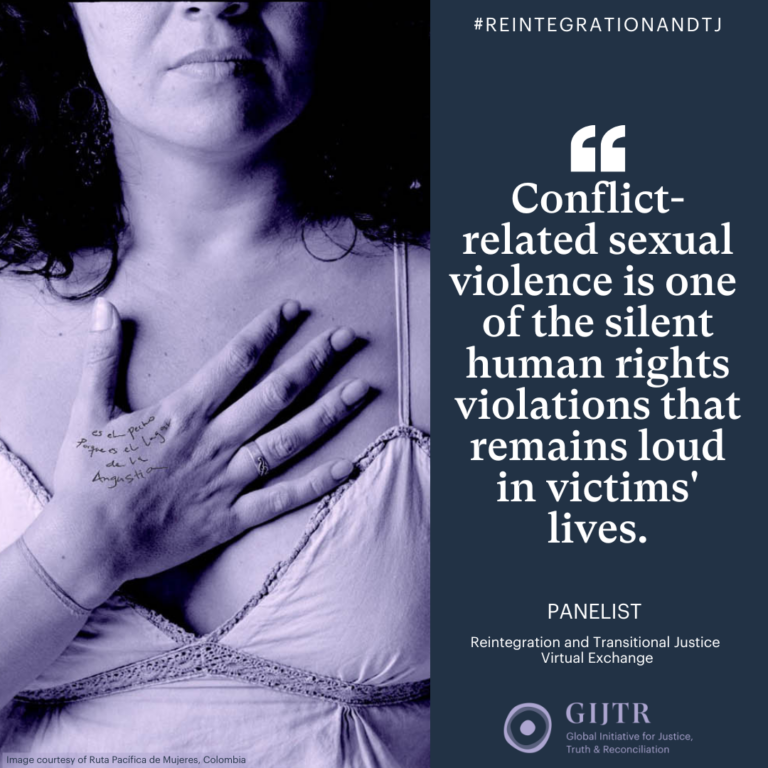
Reintegration and Transitional Justice Campaign
Between April and June 2021, GIJTR Consortium Partners shared first-hand experiences of women survivors of conflict-related sexual violence (CRSV) and mothers of children born of war to combat the stigmatization of their experiences and promote greater understanding of their needs in relation to justice, reparations and healing. The campaign culminated in the launch of a toolkit and policy briefs designed to aid practitioners and policymakers in designing transitional justice processes better suited to addressing the unique needs of these survivors and their children.
Contact
For more information, or to get involved, please contact GIJTR's Senior Program Director Ereshnee Naidu.
enaidu@sitesofconscience.org

